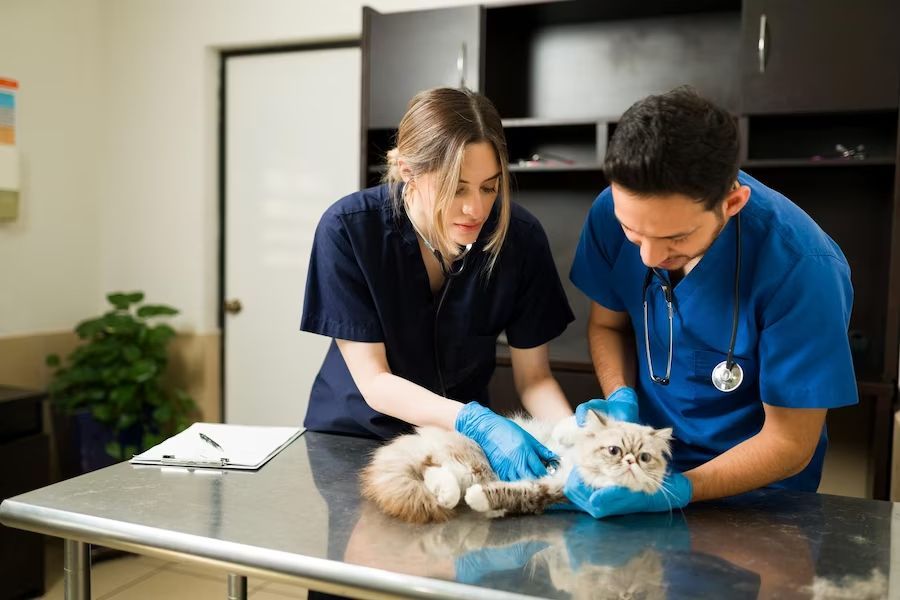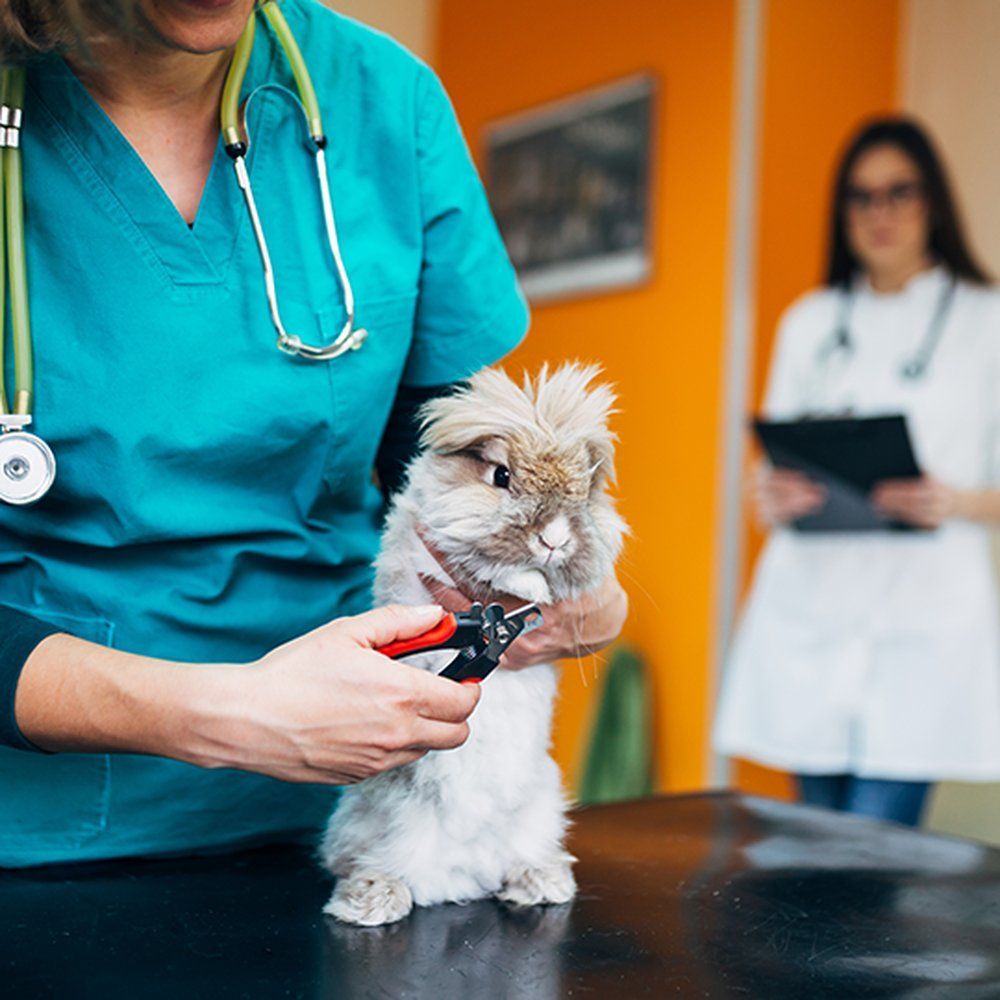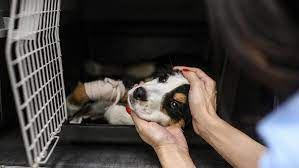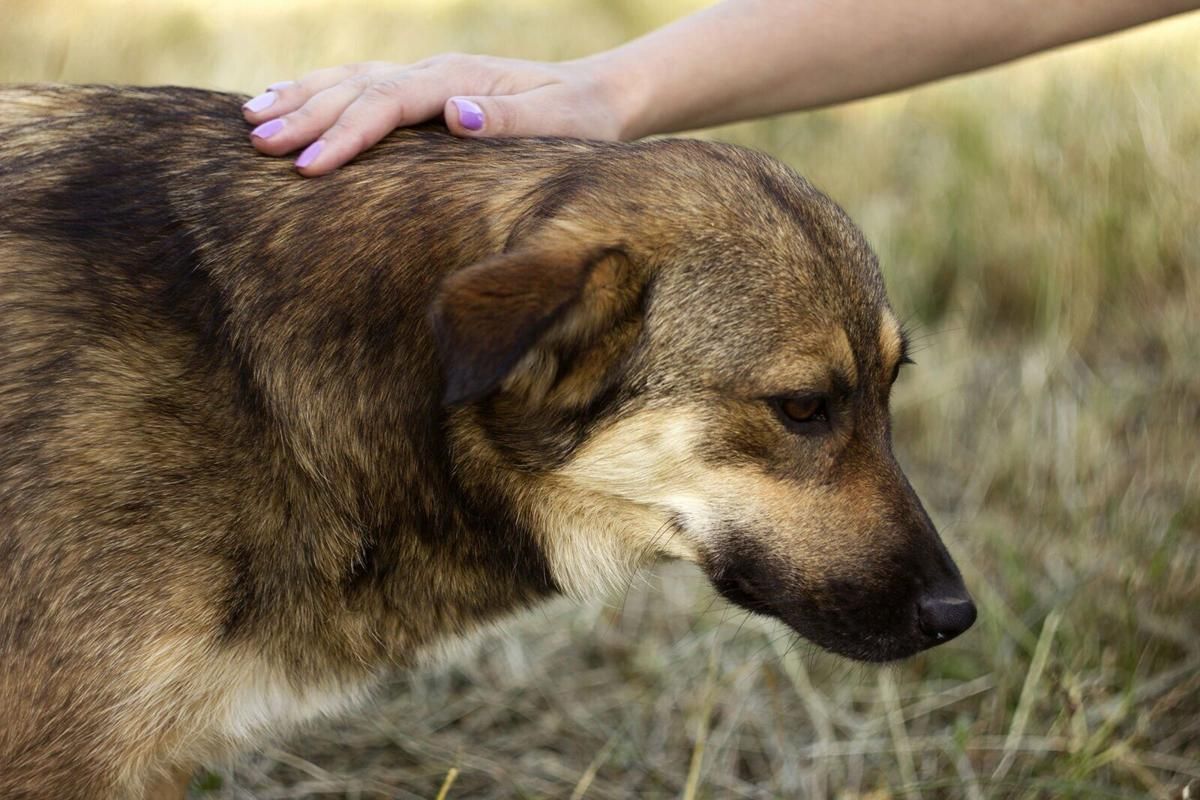Common Pet Emergencies in Washington DC
Do you live in Washington, D.C . or any of the surrounding areas? Do you have a pet? If so, you’re not alone. Many pets call the Washington, D.C. area home, along with their owners.
If you’re a pet owner in this area, it’s important to learn everything you can about potential risks and hazards affecting your furry friends. In this article, we’ll give you a quick rundown of some of the most common pet emergencies in and around Washington, D.C. With the help of this guide, you can learn how to recognize a problem for your pet before it gets out of hand.
Frostbite
When the weather turns cold, it is possible for pets to experience frostbite . This emergency is much more common in dogs than cats, but any pet who spends time outdoors in cold, wet conditions may be at risk.
Frostbite causes exposed parts of an animal’s skin to turn gray or blue and feel brittle and cold to the touch. It may lead to blackening of the skin in severe instances, and it should always be treated as an emergency.
Heatstroke
Heatstroke is common in populated areas. Many times, this emergency occurs in dogs who are left unattended in vehicles, even on days that may feel mild to a person. However, it can also happen to any pet who spends time outside on a very hot day or overexerts herself in hot weather. It is very uncommon in indoor-only pets.
Early signs of heatstroke include excessive panting, excessive drooling, and elevated heart rate. From there, the condition worsens and may cause severe dehydration and eventually loss of consciousness. It can be fatal if left untreated, and will require intensive treatment for your pet to recover.
Vehicle Injury
Pets who are allowed to free roam outdoors and any pet who gets away from her owners accidentally may be at risk of a vehicle injury. Unfortunately, in a major city like Washington, D.C., it is even more likely for pets to risk being struck by a vehicle and severely injured.
If your pet has been struck by a vehicle, take her to the emergency vet immediately. Even if he/she doesn’t seem to be badly hurt, your pet may have internal damage that requires prompt medical attention. Dogs and cats both are good at masking pain, so you may not realize how severe the problem truly is.
Attack from Another Animal
With so many pets in the Washington, D.C. area, it is possible that your pet could get into a fight with another animal. This may also happen if your pet encounters a stray or a wild animal, although wild animal encounters are not as likely in this part of the country.
An attack from another animal should always be treated as an emergency . This is because your pet could have been exposed to rabies or any number of other health hazards and must be treated right away for these risks.
Ingestion of Toxic Substances
Whether your pet stays indoors all the time or goes outside now and then, there is always a risk that she could ingest a toxic substance. Toxic substances include chemical cleaners, vehicle maintenance chemicals and fluids, harmful plants , and even dangerous human foods. Some pets are much more likely to consume these items than others, but all pets have this risk.
If you know or suspect that your pet has eaten something toxic, go to the emergency vet. They will likely refer you to a reputable veterinary poison control consultant. With this consultation, the veterinary toxicologist and your emergency vet will work together to help treat your pet as best as possible. Let them know what the substance was and how much you think your pet has consumed. Some types of poisoning can be deadly if not treated right away by a medical professional.
Severe Allergic Reaction
Finally, pets can suffer from severe allergic reactions to a variety of allergens. Your pet could be dangerously allergic to bites from certain spiders or insects or could come into contact with a fragrance or oil that causes a severe reaction instead. No matter the cause, a severe allergic reaction should always be considered an emergency.
Symptoms of a severe allergic reaction include difficulty breathing, elevated heart rate, elevated temperature, swelling of the face or neck, or hives on the body. Any of these symptoms signify a serious health problem for your pet.
24/7 Local Veterinarian Can Help with all Common Pet Emergencies in Washington, DC
This list only covers the most common pet emergencies in and around Washington, D.C. Keep in mind that there are always potential risks for your pet, whether indoor or outdoor, and that you should always be aware of any sudden changes in your pet’s health and wellness, too.
Take time to research emergency vets in your area before a crisis occurs. By choosing a quality emergency vet in Washington, D.C., you can be sure to know how to respond in the event of an emergency, and you won’t have to look for this information in the heat of a crisis.
Contact with your local vet for the best advise
Resource Center









